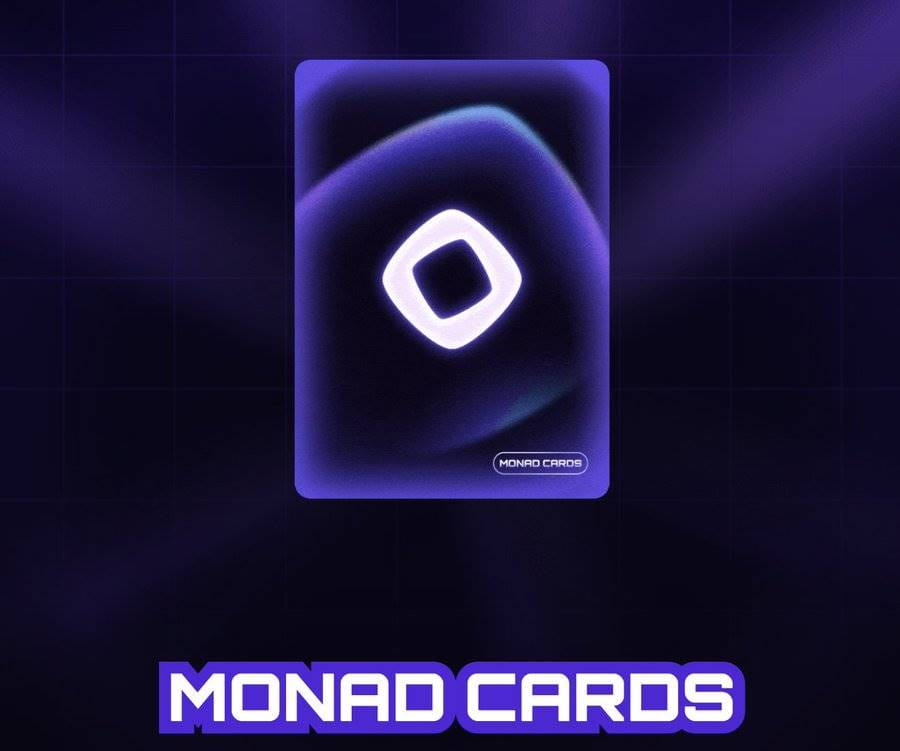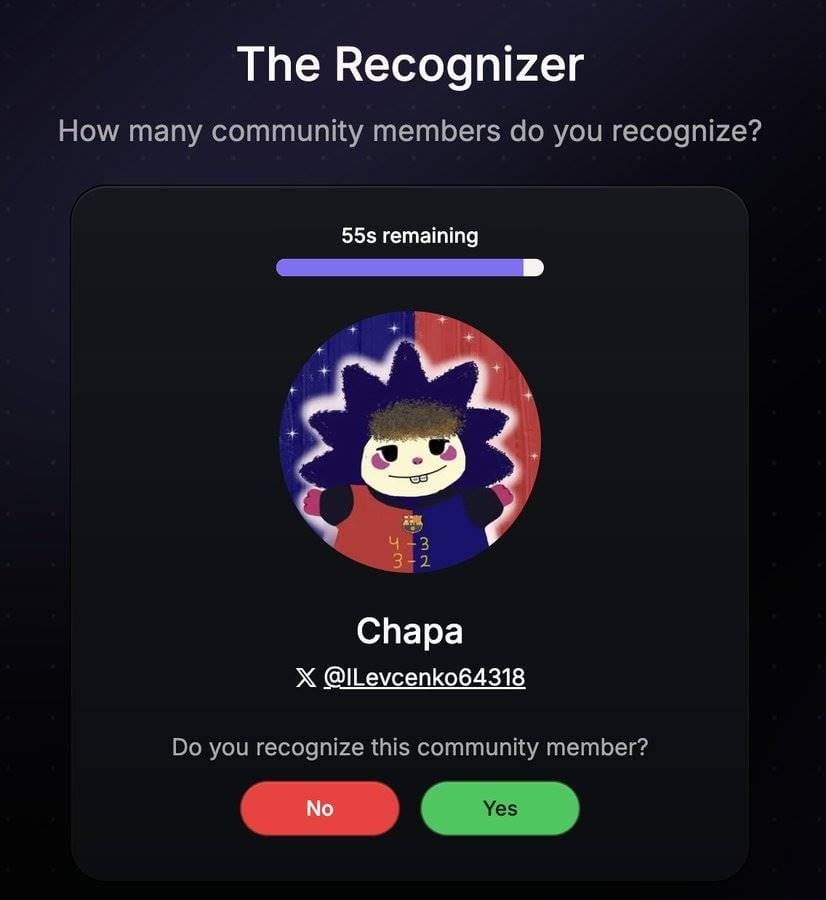Author: Happy
Compiled by: Deep Tide TechFlow
I think a common mistake many teams make before a TGE is overly relying on growth tactics like Kaito boards or Zealy activities to gain attention.
In the past, I have been critical of this; frankly, I feel these actually have more negative effects.
Anything that is promoted will be manipulated. Anything that is measured will be abused.
The users you attract are often the worst opportunists and will hinder natural posting, as the reputational damage from participation often outweighs potential rewards.
On the other hand, Monad Cards took the opposite approach.
They will be distributed to CT users who have established influence in the broader crypto space, rather than specifically to posts discussing Monad.

The effectiveness of this is due to several reasons:
Maintaining social influence in the long term is harder to fake than repeatedly posting about a single project;
Allow successful CT users to genuinely have some interest binding without 'selling their souls' (perhaps);
Let them feel truly rewarded and recognized for their broader contributions to the crypto field;
Incentivize them to actively post content about Monad to demonstrate their relevance;
Allow them to nominate those who might be overlooked.
In my opinion, the last point is the most important.
By allowing these users to nominate others, you empower them with authority, trust, and responsibility.
In the long run, this also helps to avoid a common type of FUD in social airdrops — 'This is all given to insiders.'
To be honest, this kind of criticism has often been valid historically, even if not out of subjective intent.
Humans are always susceptible to unconscious biases, and the criteria for airdrops are usually kept secret and controlled by a few people. This almost inevitably leads to rewards ending up in the hands of the 'favorites' of the team.
But that's not the case here. By decentralizing the decision-making process to the entire CT, you eliminate most of this bias.
If you have been active in this field for a while, even if you don't post much yourself and have little social influence, you likely know some influential people in a group chat. So if you don't get nominated, it's more about your own abilities than something that can be blamed on the team.
And it is clear that the team is also making efforts to embed this concept into their community.
They launched a recogniser app, where users only need to answer a yes/no question: Do you know this community member?

This is another step in eliminating biases in the decision-making process and increasing more decentralized data points.
To those outside the crypto circle, these may seem like trivial matters, but I believe they have an extraordinary impact on the origin story of a chain.
In my view, the perception of 'fair' distribution in the crypto world is the biggest predictor of whether it can achieve cultural success in the future.
After all, the culture of this industry originates from the fairest distributions — Bitcoin, Ethereum, and more recently, Hyperliquid.
Of course, these measures alone cannot solve all of Monad's problems, but they largely respond to the biggest complaint from CT — compared to other new chains that fundraise in a more relaxed regulatory environment, it's really too hard for ordinary users to gain an opportunity for 'interest binding' on Monad.
No activity can satisfy everyone, but this event has changed the reputation of Monad, laying a more solid foundation for its future development.

